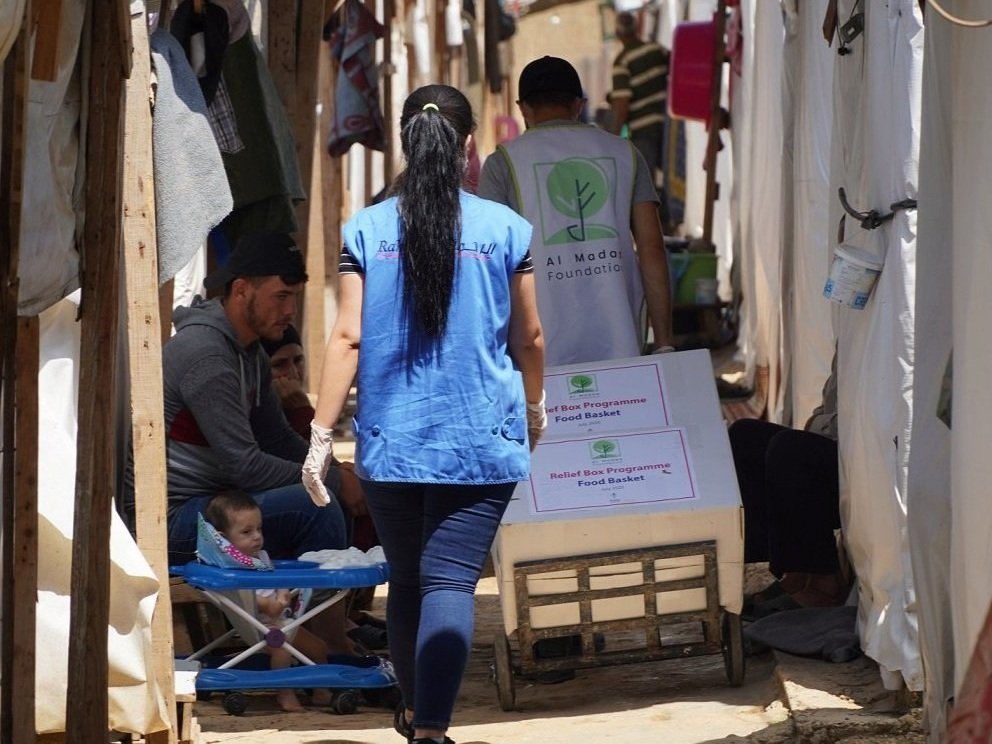How we work
We understand that in order to make a real difference, we all need to work differently. AMF seeks new partners through open grant calls, creates new projects with established partners and commissions research to benefit the field.
A decade of working in partnership to provide non-formal education programmes has provided us with the experience and insight to seek out solutions to problems that were faced by all of us who work in this field. Today we are always looking for answers - and that innovation which might transform a programme, making it more effective, impactful or safer, for the children involved.
AMF regularly issues requests for proposals from registered charities, as well as undertaking proactive interventions and commissioning independent research into specific areas that we have identified, during the course of our work, as needing improvement or requiring further study. We do not accept unsolicited requests.
Practical solutions in impractical situations.
Using the guiding principle of creating ‘Safe Spaces for Education’ AMF seeks to take practical actions in order to achieve this outcome. Where children cannot easily travel to school we will provide transport, or if children need to stay close to home we will provide a solution like our ‘Classroom on a Bus’ (Lebanon, pictured).
Recognising strengths, and collaborating for better outcomes.
We aim to fund partners who know their communities and who are able to work efficiently. We then apply our knowledge of project planning and our experience gained from previous work to actively participate in creating new projects which achieve the best possible outcome for children and families.
Learning through doing.
We visit the projects, speak with recipients and get to know the areas in which we work. We are very ‘hands-on’ partners and will always seek to understand the methodology behind project planning. We are aware that policies and procedures are often hard to apply in the field and work with colleagues to help achieve this.
Safety above all.
Working with children means that extra precautions must be taken regarding child safeguarding and safety in general. We work with organisations to ensure that this is budgeted for and resourced properly. We require Child Protection statements and check that these are fit for purpose with regard to the activities of the project.
Listening to the experts.
When we design projects it is always with the input of those in the field. We understand that in volatile situations we cannot expect projects to run perfectly, so we ensure that there is constant communication throughout so that ‘real time’ adjustments can be made in order to help it run as effectively as possible.
Evaluation with clarity and purpose.
When designing our programmes, we take into consideration the complexities on the ground, the volatile situation of the regions we target, and the overall risk involved in our work. This is complemented by adapted monitoring and evaluation tools that enhance our learning and strategic planning.






